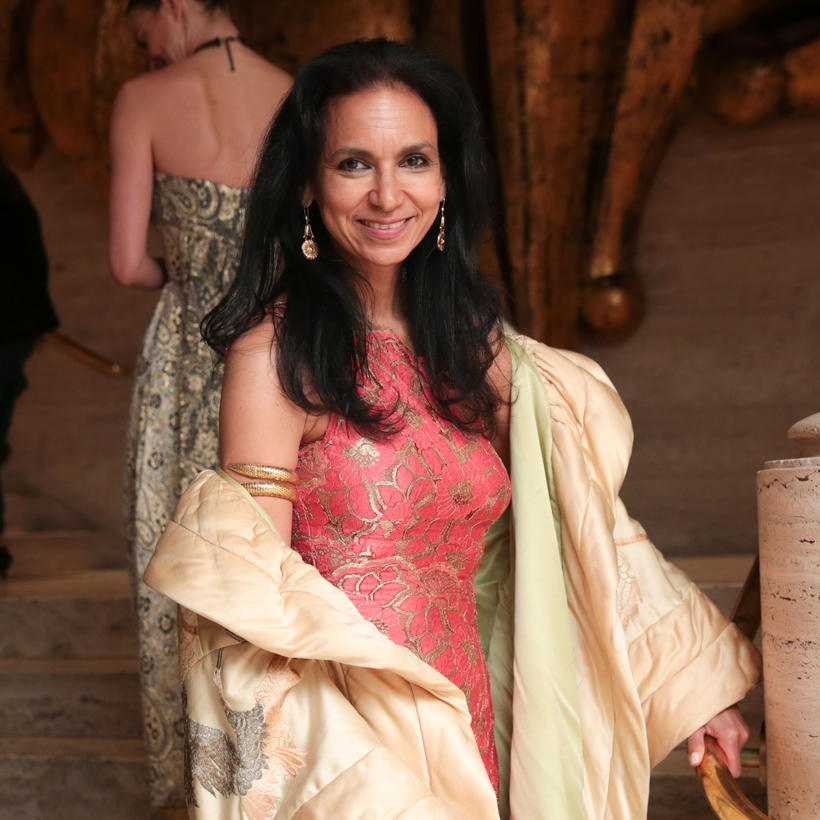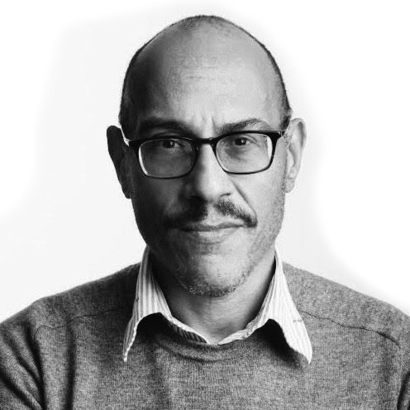This past June—as the coronavirus continued to rage and anti-racism protests convulsed city streets—Robert Smith, the nation’s wealthiest Black man appeared on the cover of Town & Country magazine. A handsome, avuncular, self-made private-equity king worth $5 billion, Smith buzzed into mainstream-media prominence last summer when—midway through a Morehouse College commencement speech—he committed himself to assuming the student debt of the school’s entire graduating class.
Considering this was T&C’s philanthropy issue, Smith’s cover appearance (better-known altruists like Matthew McConaughey and Agnes Gund had covers as well) made sense. As the student-debt crisis threatens to trap young people—especially young people of color—in a cycle of downward mobility, Smith demonstrated that selfless gestures and bold ideas can actually make a difference.


